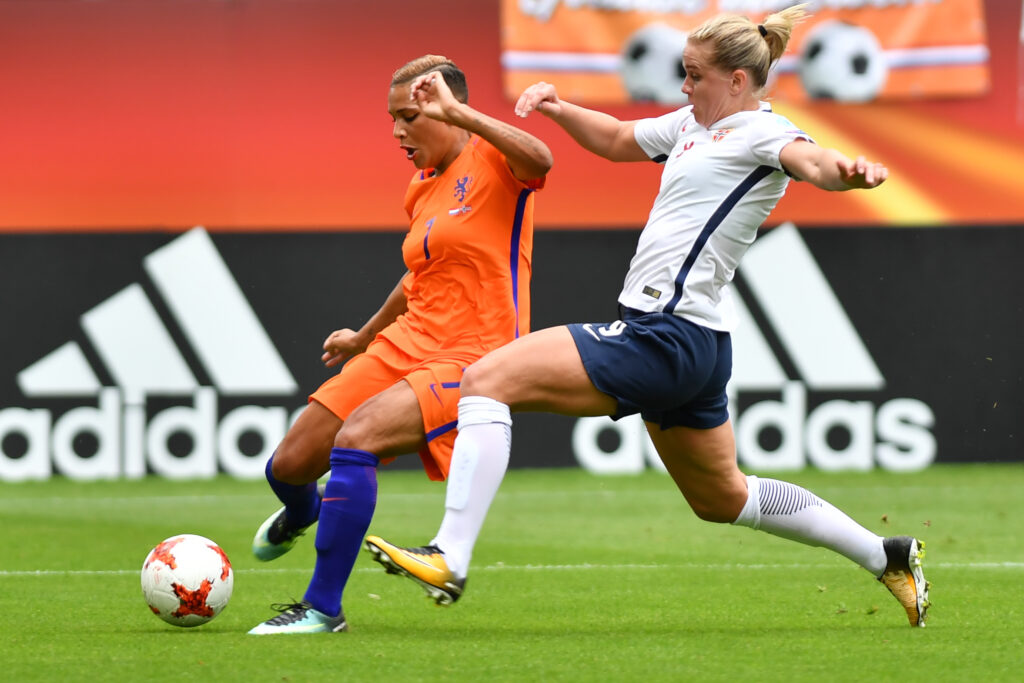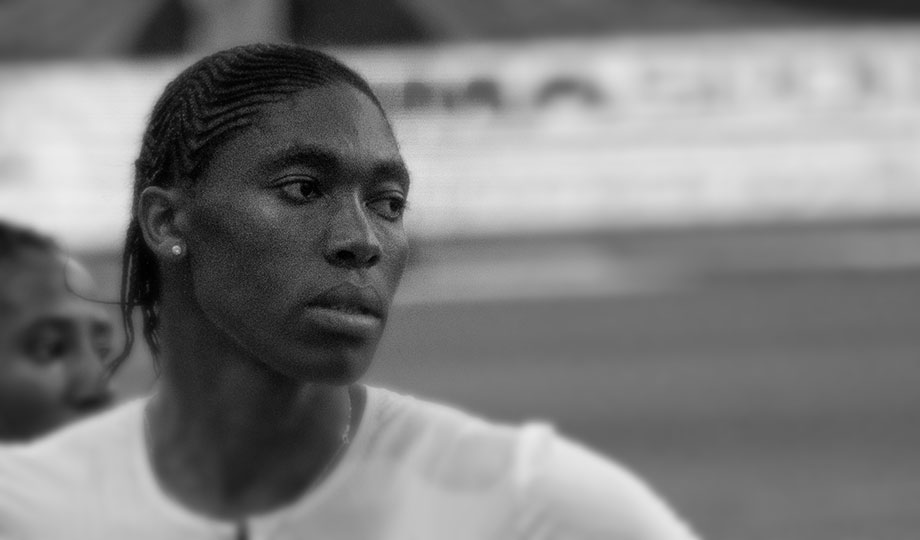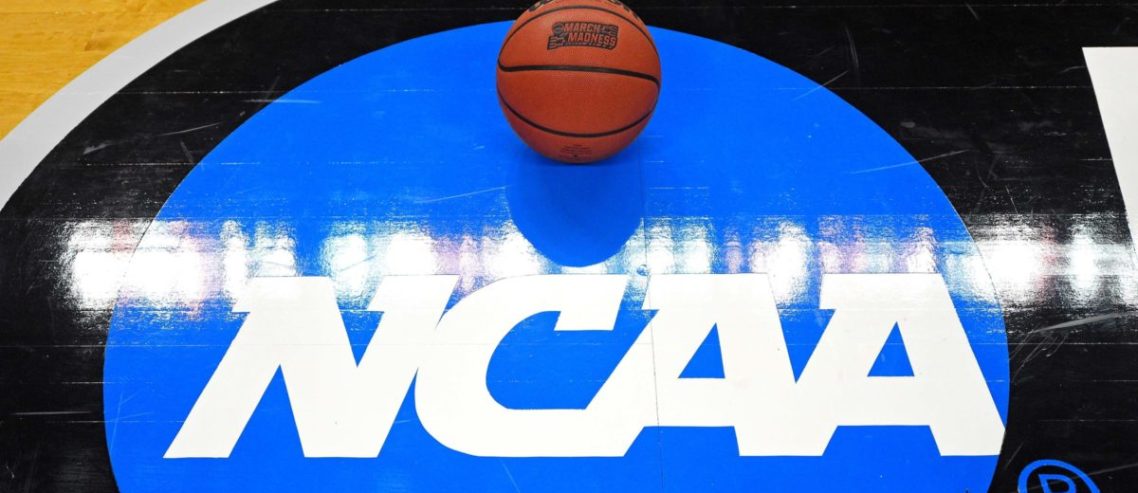
The world of sports, and women’s sports in particular, has become a focal point for society’s broader discussion about gender, gender identity, and equity. This ongoing debate involves scientific perspectives, personal experiences, legal challenges, and differing interpretations of established protections and opportunities.
At the heart of some recent discussions has been a questioning of traditional biological definitions. One notable example is an op-ed published in a prominent magazine, written by a university professor and a biologist. The article directly challenges common understandings of gender identity, especially in the human context.
Against this backdrop, some former college athletes have emerged as prominent voices advocating for unique perspectives on the issue. Riley Gaines, a decorated swimmer known for her strong opposition to the inclusion of transgender athletes who went through male puberty in women’s sports, has cited her own experiences extensively.

1. **Scientific American op-ed questioning sex/gender binary** University of Illinois Associate Prof. Charles Roseman and biologist Cara Ocobock authored a controversial op-ed for the magazine Scientific American. The piece was headlined, “To Understand Sex, We Need to Ask the Right Questions,” and it directly addressed the concept of sex and its definition. Their central claim was that the “answer to the question of how many sexes exist differs depending on the context.”
They posed a fundamental question, asking, “So, if ‘sex’ is the answer, what is the question?” Roseman and Ocobock contended that this question isn’t easily answered and stated there’s no basis for making authoritative scientific declarations on the issue without incorporating ethical, moral, or social considerations. They believed that sex encompasses such a wide range of questions that it’s doubtful any single medical, scientific, or humanistic practitioner could devise a quest

2. **Authors’ specific argument on hormones and athletic performance**: This op-ed applies its gender and context lens specifically to the issue of transgender athletes. The authors note that arguments for the inclusion or exclusion of transgender athletes often hinge on strict binary differences in hormone types and their concentrations, often associating female individuals with estrogen and male individuals with testosterone.
They challenge this premise, claiming that the two hormones, estrogen and testosterone, do not conform to a strict binary. According to Rothman and Okobok’s research, both females and males require estrogen and testosterone to maintain normal bodily function, and there is overlap in the concentrations of these hormones in male and female individuals. This complicates the notion that hormones are fully consistent with a strict gender binary.

3. **Harsh criticism of the op-ed online**: The controversial op-ed published by Scientific American quickly sparked strong criticism from various people on online platforms, including political commentators and researchers. This strong negative reaction suggests that the views expressed in the article are not widely accepted or are considered problematic by many.
A specific rebuttal was offered by Zachary Elliott, founder of the Paradox Institute. Elliott refuted the views of the op-ed by pointing out that sex essentially means heterogamety, that is, differences in gamete size, which leads to differences in reproductive contribution. He argued that no species has ever been observed to have more than two sexes, and clarified that in different species, the two sexes can exist in different individuals and sometimes in the same individual.
Other online critics strongly objected to the magazine publishing the article. Radio host Christopher Calvin Reed wrote that the magazine “should not be allowed to call itself Scientific American” and further called the magazine’s name “fraudulent and dishonest.”

4. **Riley Gaines emerges as a prominent voice opposing transgender athletes in women’s sports**: Amid the wider debate, several female athletes have come out publicly to voice their opinions. Among them, Riley Gaines has gained widespread national recognition. Her achievements as a 12-time NCAA All-American swimmer and five-time SEC champion have established her as an authority in college sports.
Gaines has been described as an advocate for “saving women’s sports by banning transgender people from participating,” working to preserve the biologically female category in athletic competition. She was a swimmer at the University of Kentucky, which highlights her background in the sport she now seeks to influence. Her activism is not just about speaking out, but also about participating in events and initiatives.

5. **Gaines’s challenging experience swimming against Lia Thomas in 2022**: The key event that seems to have informed Gaines’ active participation in sports was her personal experience competing against a transgender athlete in 2022. This competition occurred at an NCAA swimming meet, when she competed against Lia Thomas.
The specific competition referenced in the article was the 200-yard freestyle at the 2022 NCAA Championships. In this meet, transgender swimmer Lia Thomas competed in the women’s division. Based on the context, Gaines finished the race but was denied a fifth-place finish by Lia Thomas.
This particular outcome at a high-profile national championship was described as “heartbreaking” for Gaines. This experience directly led to her active participation in protests against transgender participation in women’s sports.

6. **Gaines’s criticism of NCAA President Charlie Baker’s Senate testimony**: Riley Gaines has also publicly criticized NCAA leadership policies regarding transgender athletes. She recently criticized the NCAA and its current president, Charlie Baker. This criticism was in response to Baker’s testimony before the Senate Judiciary Committee on a Tuesday mentioned in the article.
During her appearance before the committee, President Baker was asked directly about the questions raised by Gaines regarding her experience competing with transgender swimmer Leah Thomas in 2022. This shows that Gaines’ concerns have received national attention and the NCAA president has responded to them before the Senate committee.

Looking ahead, there is strong support for these athletes who are standing up for women and equity in sports. This fight is about more than just individual athletes or specific competitions; it is about the future interpretation and application of a law that has been critical to the advancement of opportunities for women in American society for more than fifty years.



